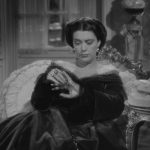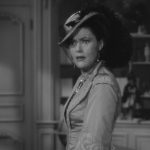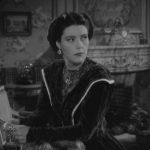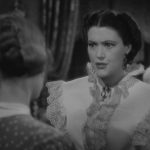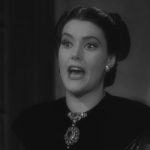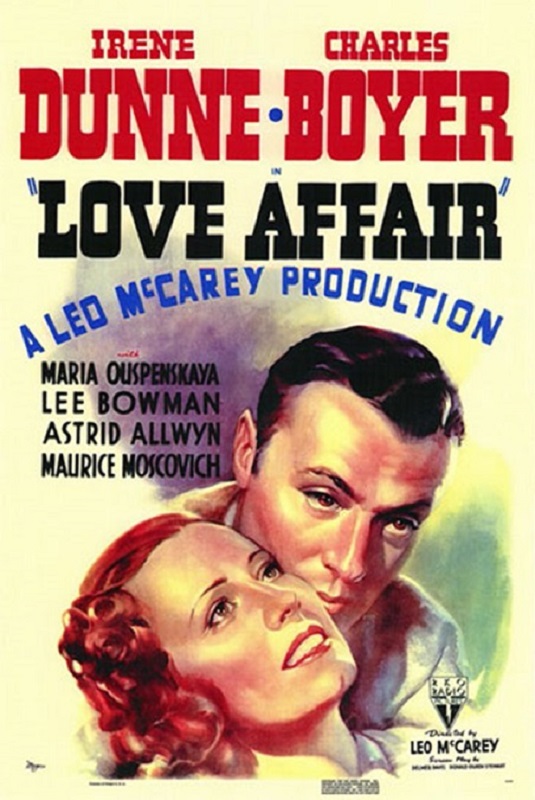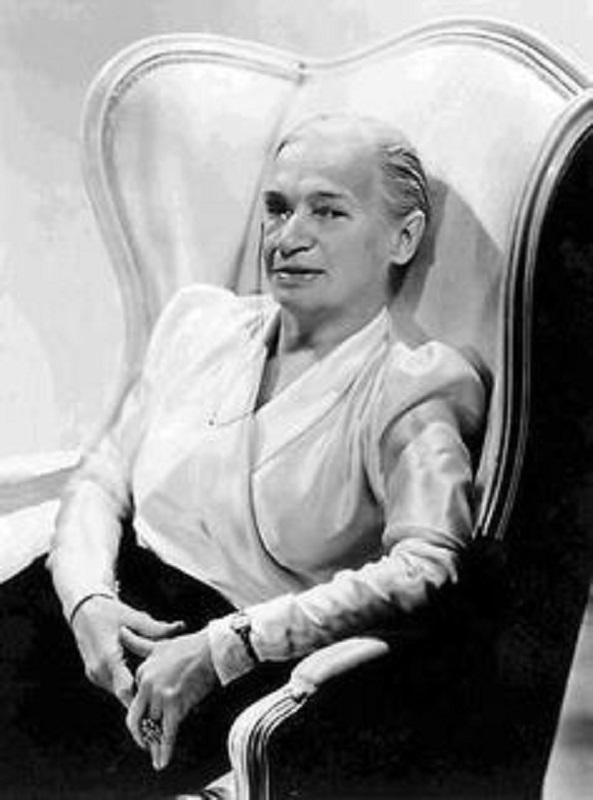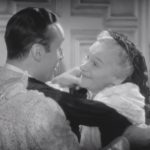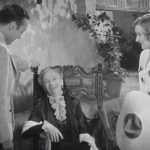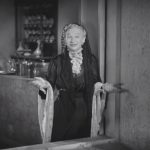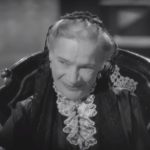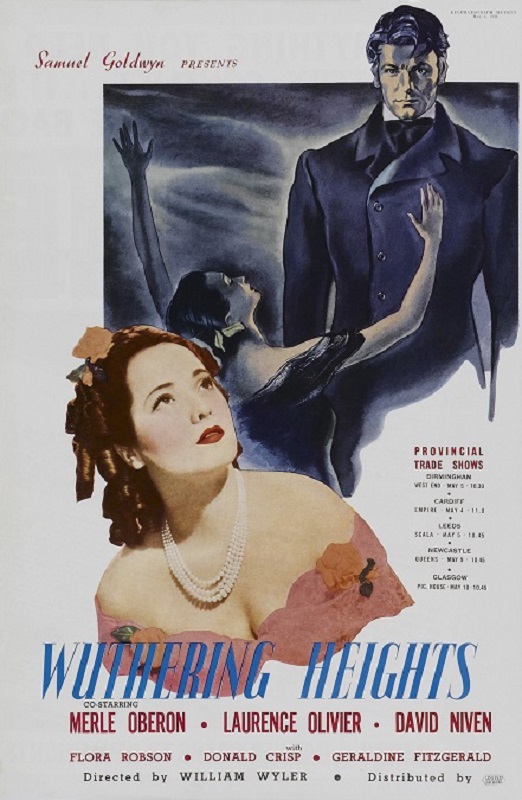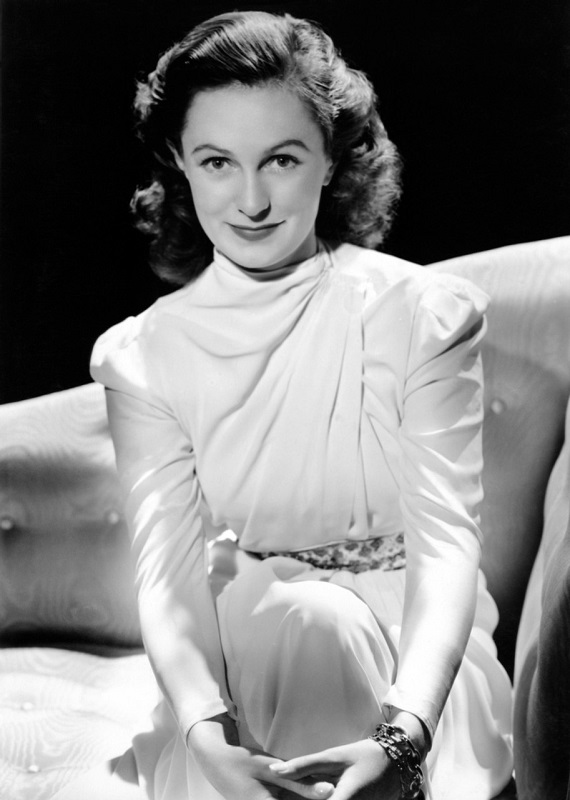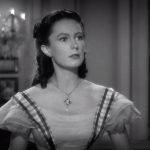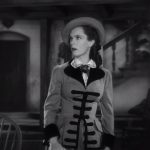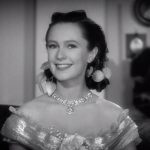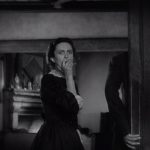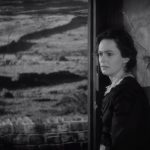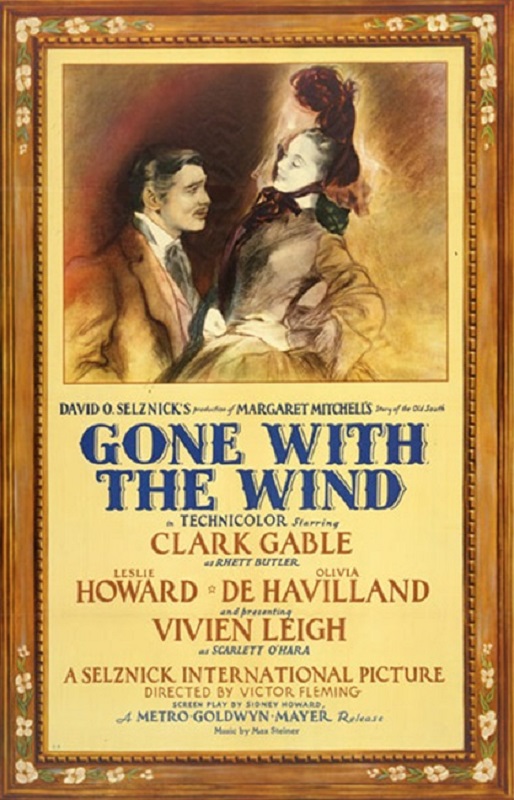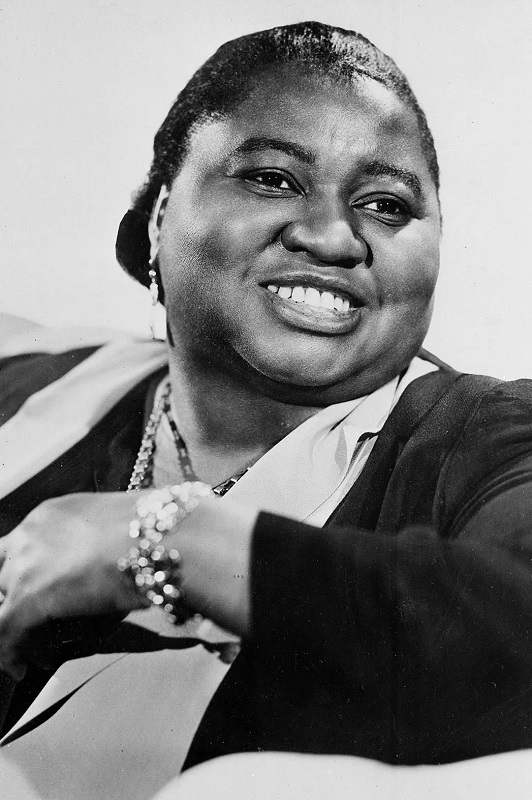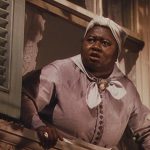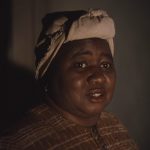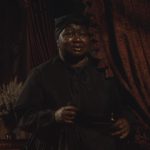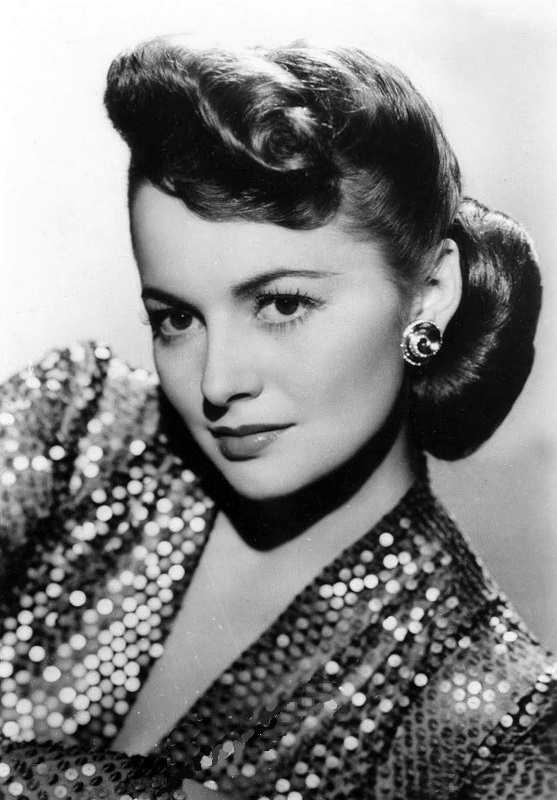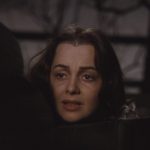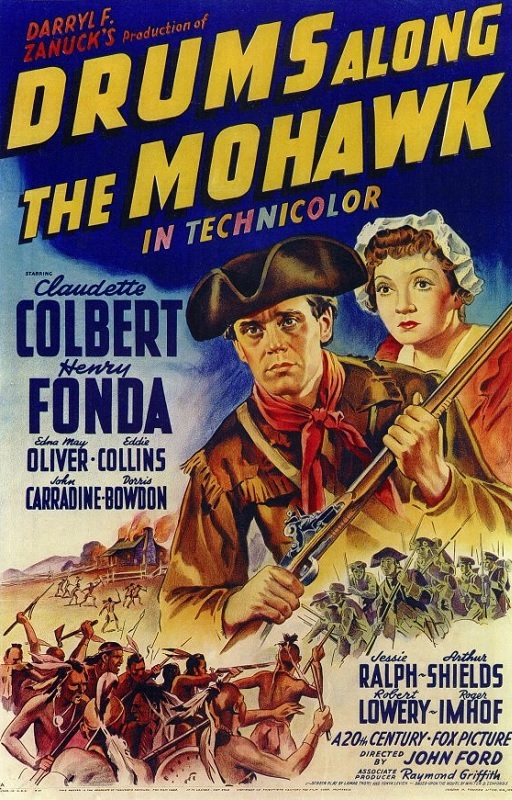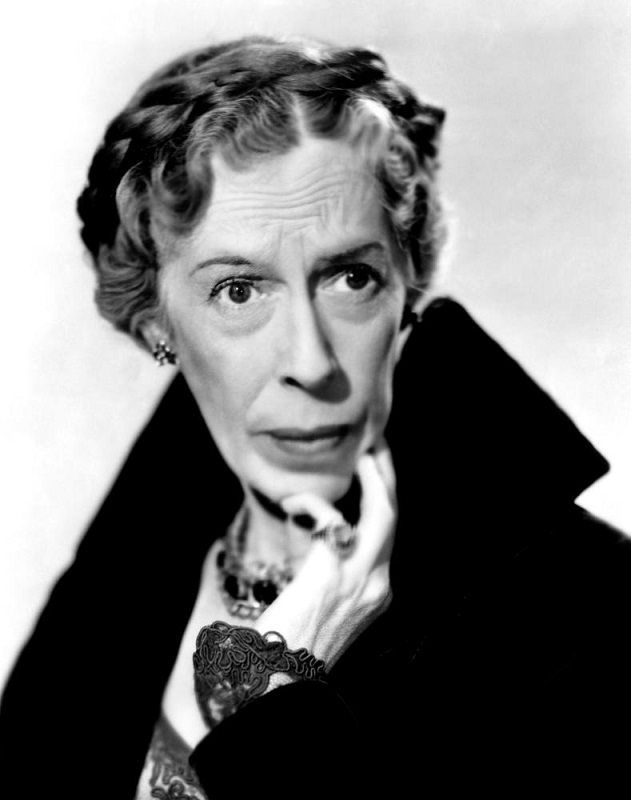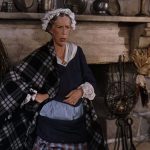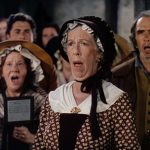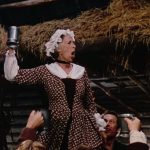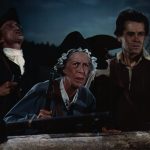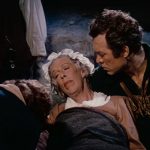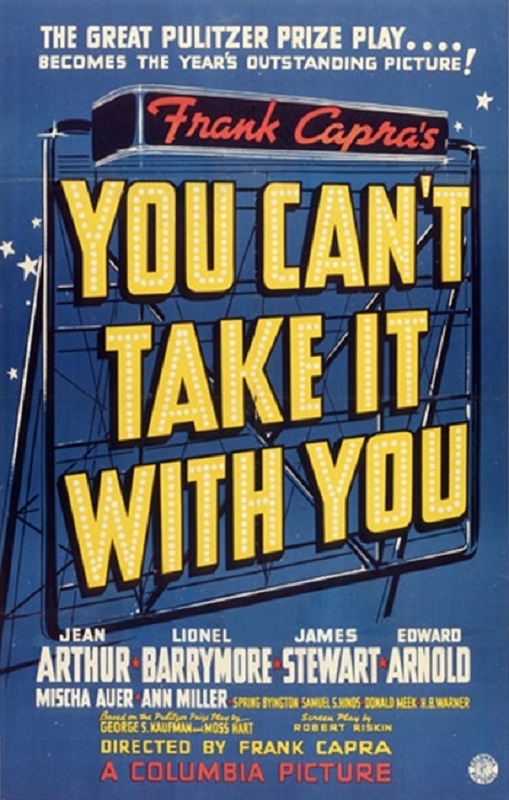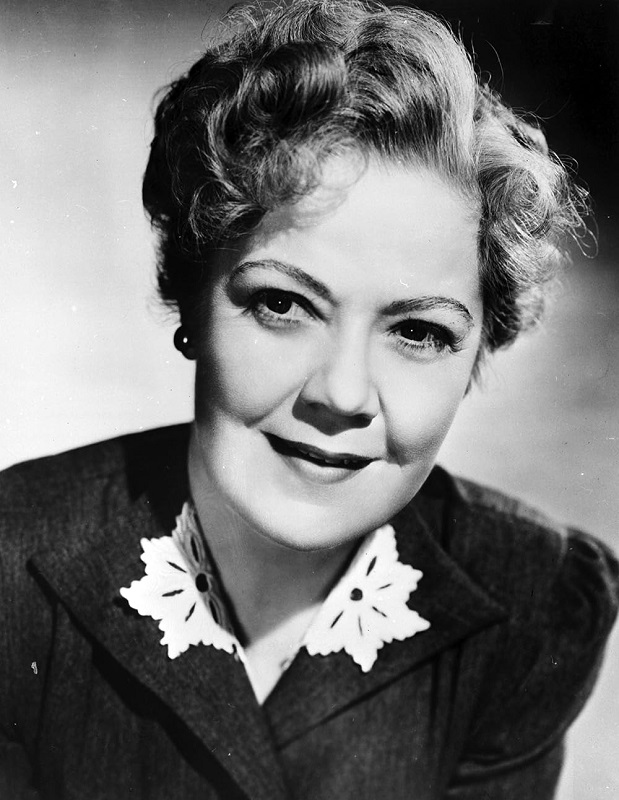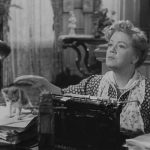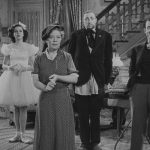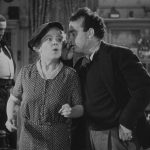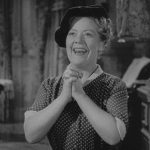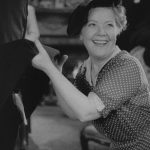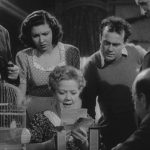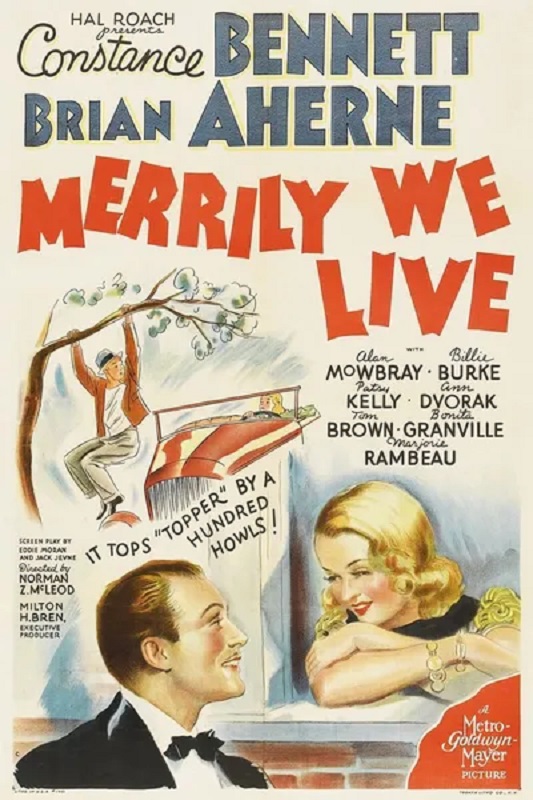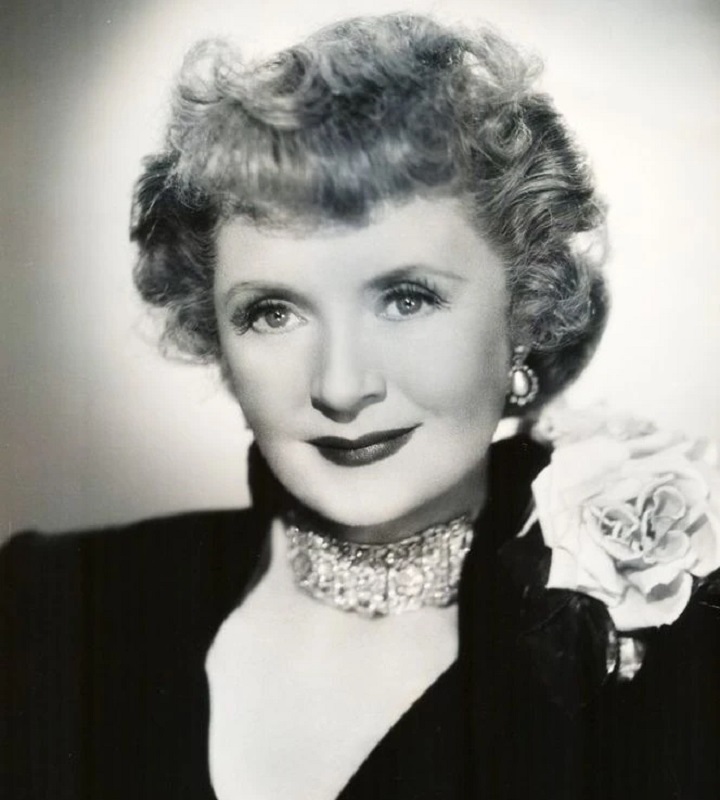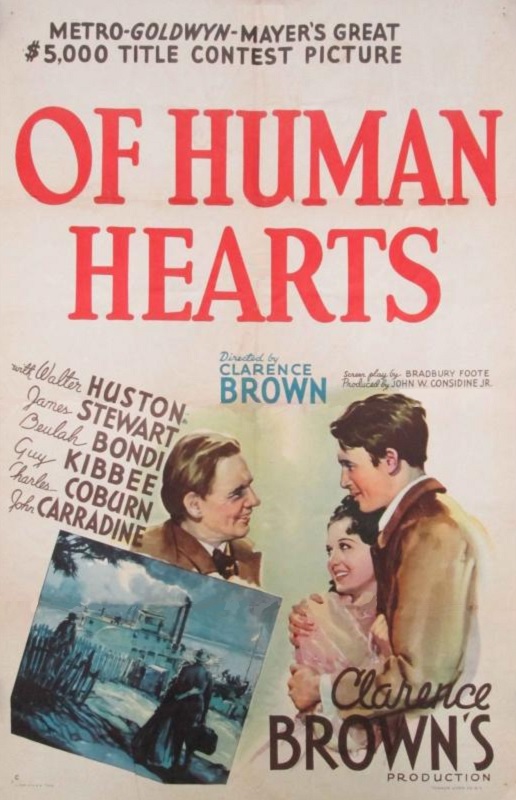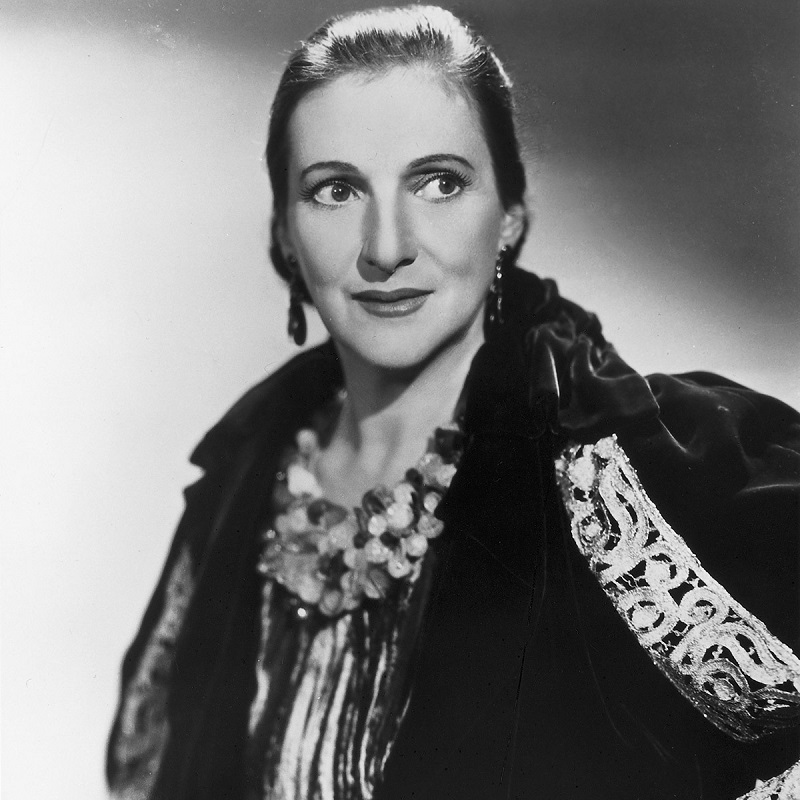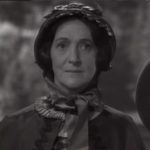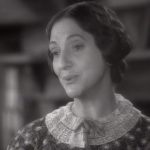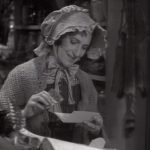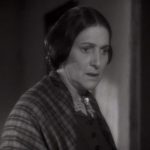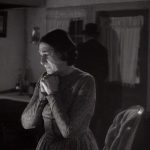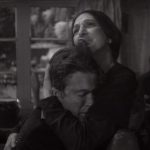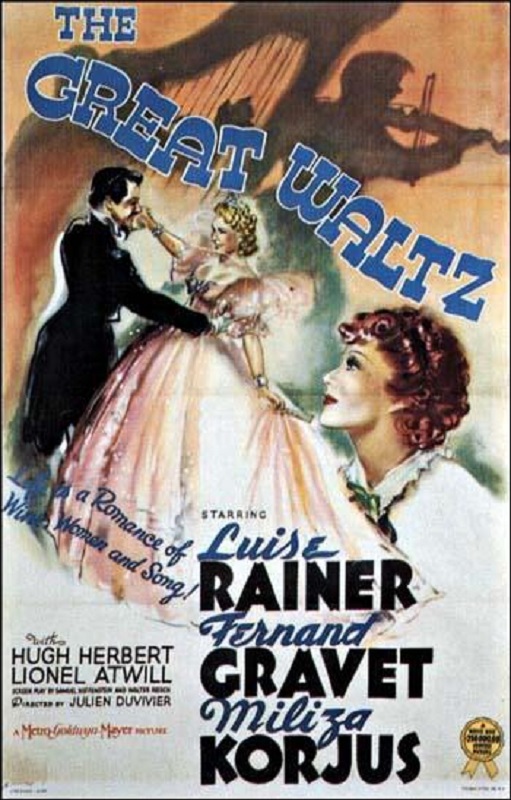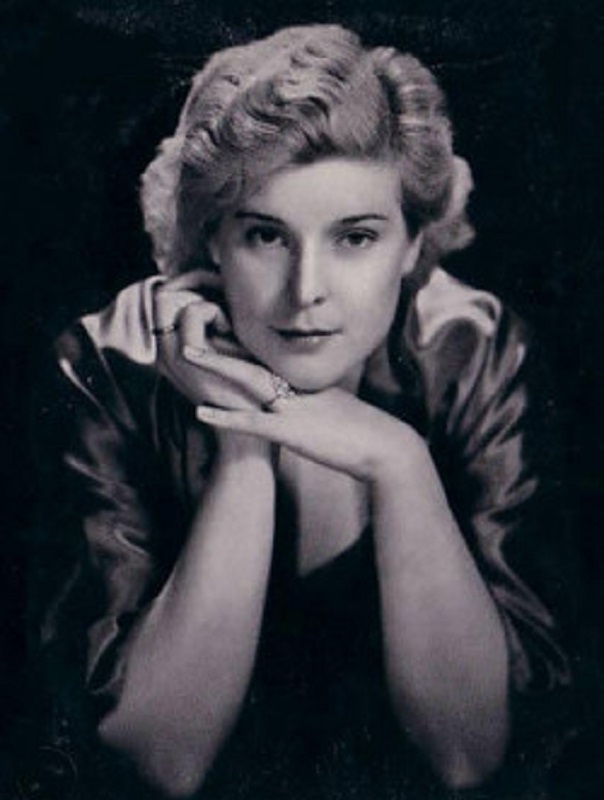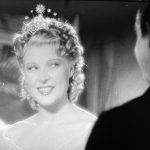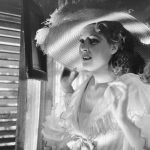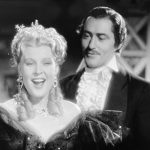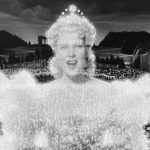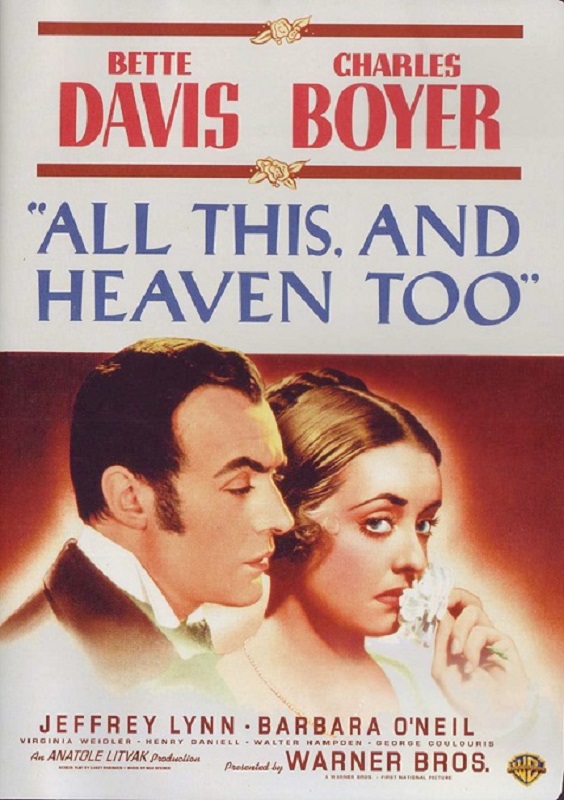
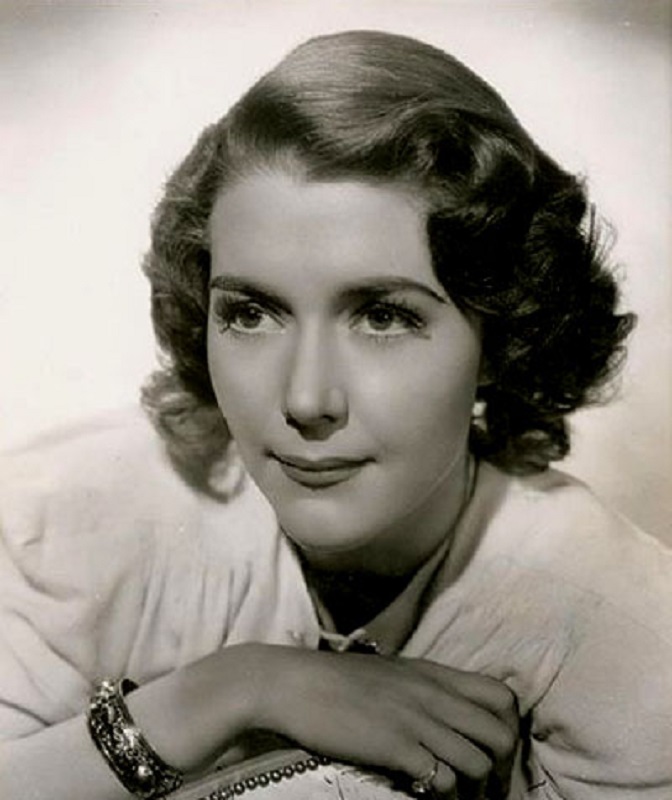

1940 – Barbara O’Neil
All This and Heaven Too
Barbara O’Neil played her part and she played it well. The problem is that at the end of the film, I didn’t have a very comprehensive sense of who the character was. And I don’t think that was the actress’s fault. It was the script. But what was wonderful about O’Neil’s performance was that she made the character memorable and strangely believable, despite the over-the-top performance.
You see, the character of Françoise, duchesse de Praslin was just crazy. She was an emotional roller-coaster. She had so many negative qualities that were written into her, it was hard to keep track of them all, or put reasons behind any of them. She was arrogant, over-privileged, entitled, self-centered, cruel, spiteful, jealous, suspicious, antagonistic, and constantly angry. She had the unfounded idea that the world was out to hurt her, and so she made a point of hurting others first. And that was about the totality of the character, as it was written.
But O’Neil put a shred of humanity into her performance that made her interesting to watch whenever she was in a scene. And she was able to hold her own against the two Hollywood powerhouses, Bette Davis and Charles Boyer, without ever getting lost in the background. There was once a pop song written about Bette Davis’s eyes, but in this movie, O’Neil’s eyes were just as expressive, if not more so. They had the emotionally unstable gaze, the frantic glimpse, the suspicious glance. They had the fire of anger that was often softened by an uncertain sanity.
Because that was most of what the role required, the moments of calm, of wholeness, stood out more than they might have, otherwise. O’Neil did a pretty good job of transcending the script that might have made a lesser actress into a one-note character. This includes her… slightly ridiculous death scene. Spoiler alert! So her husband has finally had enough. He advances on her slowly with murder in his eyes. There is a slow zoom in on her terrified face as she pleads, “No! No! You couldn’t! Please, no!” Like something out of a silent movie, she mugs for the camera, raising her hands to her face in fear. Ok, that was a little over-the-top. But I’m blaming that on the script and the director. O’Neil was fine.
